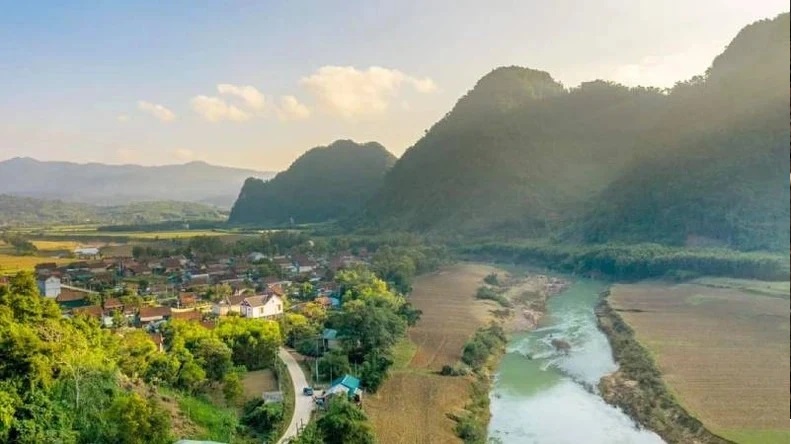Sustainable travel is gaining traction as 96% of Vietnamese travellers confirm that sustainable travel is important to them, according to the Sustainable Travel Report 2024 by Booking.com.

The report pointed out that 96% of Vietnamese travellers say that they want to travel more sustainably over the next 12 months. 56% mentioned they feel guilty when they make less sustainable travel choices.
However, a sense of disillusionment towards making more sustainable travel choices may be counteracting those intentions. New areas of exploration researched for the first time this year reveal that some travellers don’t recognise the importance of being more mindful of their impact.
47% feel that the damage already done is irreversible and that the travel choices they make are not going to change that.
A total of 35% don’t believe climate change is as severe as is claimed, and 41% feel their time spent travelling is too precious to put sustainability at the top of their decision-making list.
Not seeing sustainability in action is also contributing to the sense of powerlessness, and 46% of travellers believe that being more sustainable in a destination that is not implementing sustainability practices itself feels pointless.
A noteworthy 80% of Vietnamese travellers say they want to leave the places they visit better than when they arrived, and 43% of Vietnamese travellers think they can have a positive influence on the social impacts of travel.
Meanwhile, 43% view collective efforts as the most effective in addressing economic challenges and 51% believe travel service providers hold the key to counteracting the environmental factors.
Therefore, the need for collective action to ensure progress toward a more sustainable travel industry remains a priority.
The travel industry can ensure travellers prioritise sustainable travel habits by providing consistency of certification standards and labels.
54% of travellers find it more appealing when they come across accommodation labelled as more sustainable. Consistency of certification standards is critical, with 71% of travellers agreeing that all travel booking sites should use the same certifications or labels regarding sustainability.
However, the number of travellers who are interested to learn more about why the accommodation was given this label is down 22 percentage points (at 54%) compared to the same period last year, indicating a need for simple, clear communication that enables easy decision-making regardless of priorities.
“While many travellers have retained a sense of optimism and a desire to have a more positive impact, there is a critical opportunity for the industry to accelerate efforts to make those choices easier for everyone,” said Danielle D’Silva, Head of Sustainability at Booking.com. “It’s important that we continue ensuring that more sustainable options are not only readily available, but also easy to trust and understand," she added.
Booking.com's report recommends that calling for community action to promote sustainable development in the tourism industry is always considered a top priority goal. The tourism industry can ensure travellers prioritise sustainable travel habits by maintaining consistency in certified standards and labels.